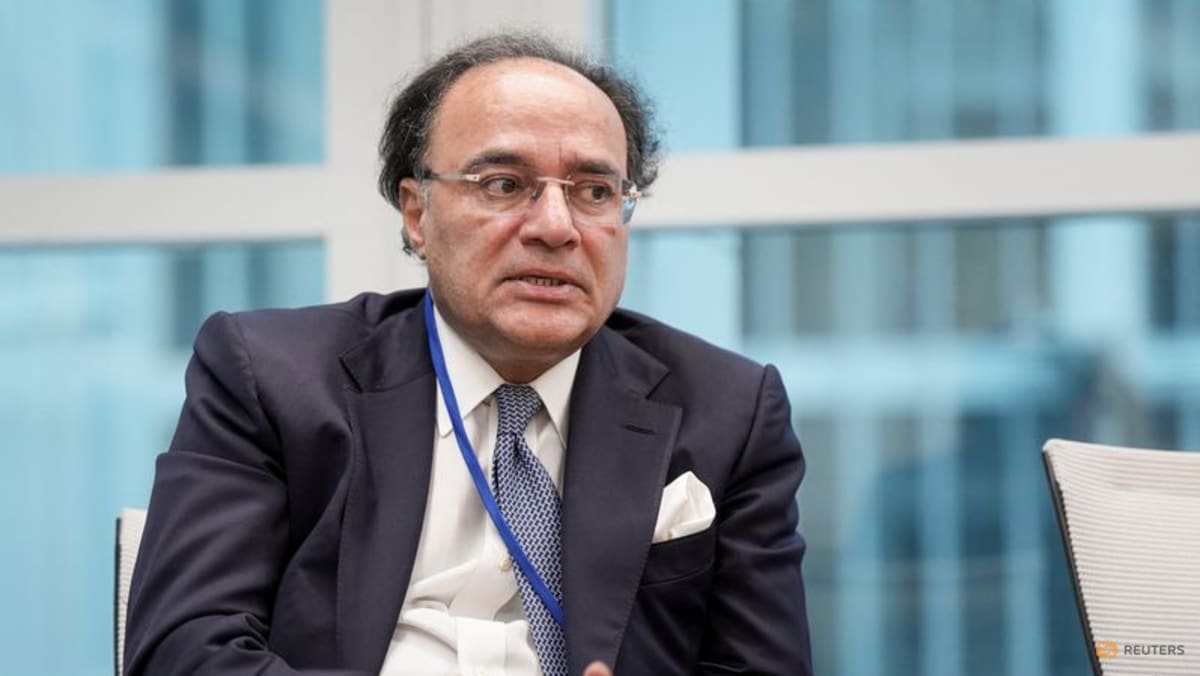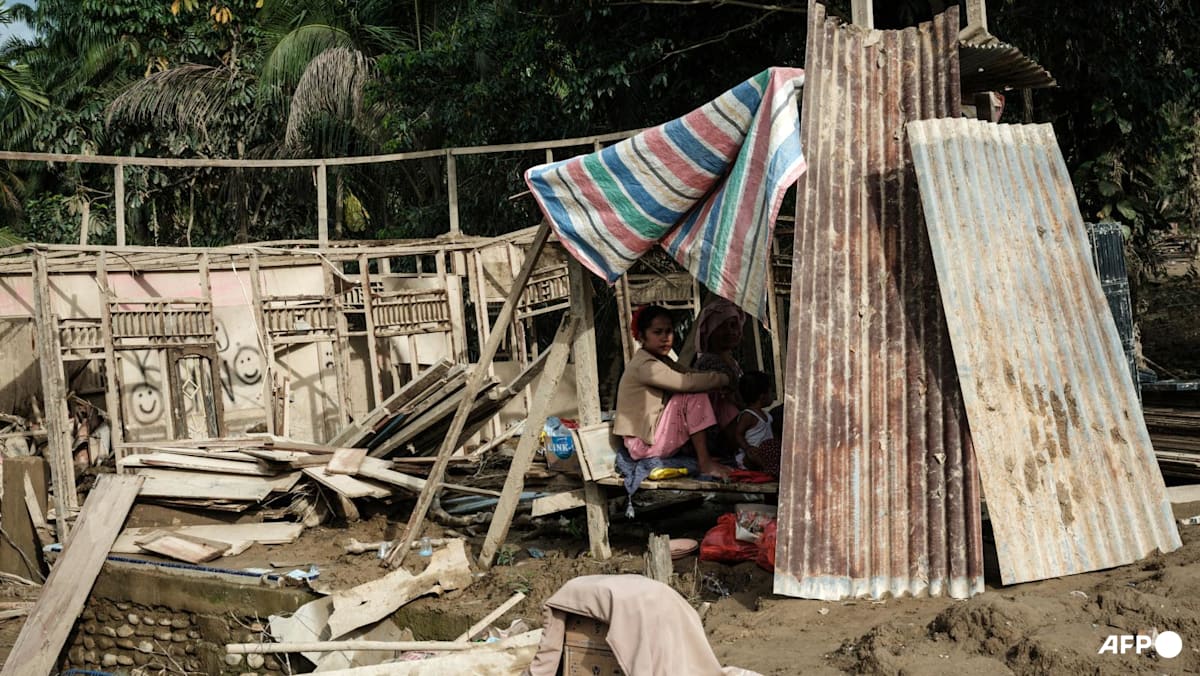India’s growing population a burden for struggling mothers

DARBHANGA: Married off by her parents at 14, Indian mother-of-seven Jaimala Devi kept having children because her husband insisted she could only stop once she had given birth to two sons.
Devi’s story is common across Bihar, the poorest state in the world’s most populous country and also its fastest-growing: With around 127 million people, it already has roughly as many people as Mexico.
India’s overall birthrate has fallen in tandem with its rising economy, but poverty and a deep-rooted bias for male heirs have kept Bihar an engine room of national population growth.
“Having seven kids and managing everything on my own really drives me crazy at times,” said Devi, who at 30 has never left her home village.
“I thought we’d be comfortable with one or two kids,” she told AFP. “But we had girls first, and because of that we have seven.”
Devi, her five daughters and two sons live in a ramshackle one-room hut, unadorned except for a small television, an old fan and some posters of Hindu deities on its unplastered walls.
Bihar has scarce opportunities for well-paid employment and Devi’s husband Subhash is gone for most of the year, sending back his meagre earnings as an unskilled storehand in the capital New Delhi.
Many fathers leave the state to find work elsewhere but consider long absences from home and the struggle to feed their children a worthy sacrifice for the chance of future prosperity.
“Having more children is still considered a way to get more earning members for the family,” Parimal Chandra, the state head of the non-profit Population Foundation of India (PFI), told AFP.
Source: CNA















